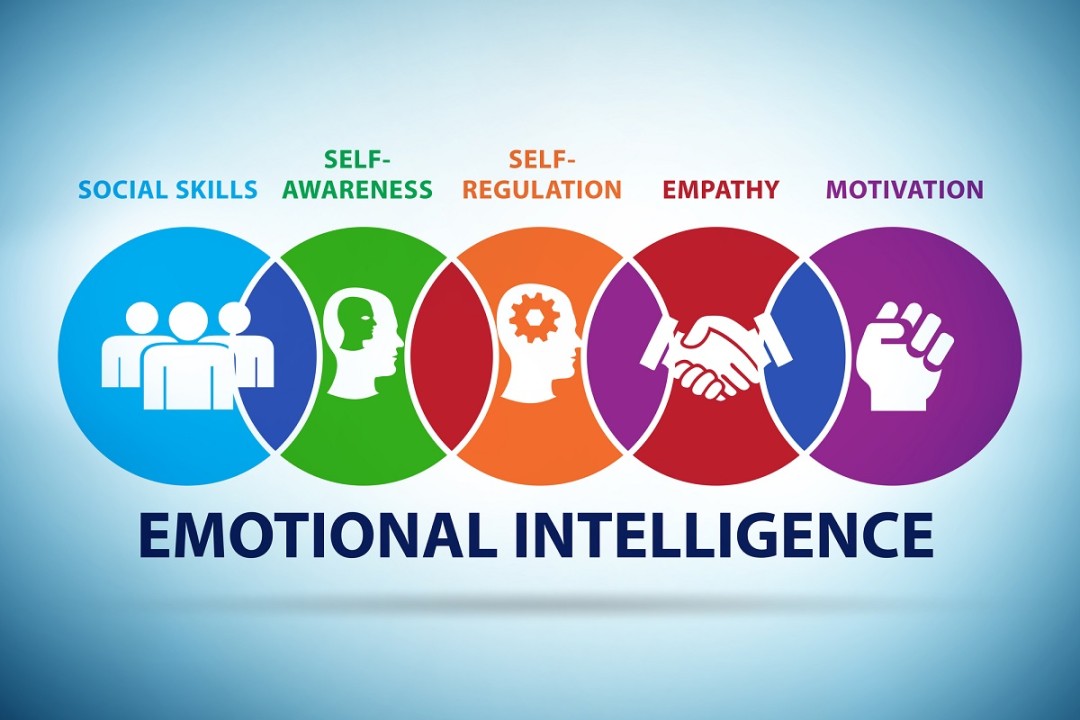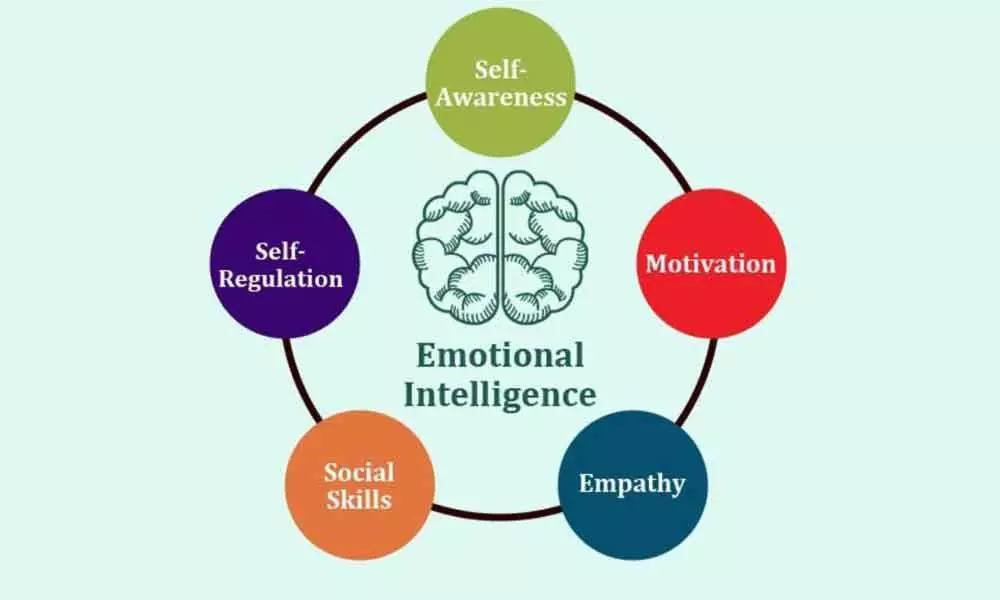Efficiency and timeliness are two paradigms on which executives evaluate their employees’ performance. However, these parameters impede the growth and productivity of employees in the long run. It also leads to employees abandoning the organization and seeking new opportunities that promote development and independence.
Many executives resort to the fundamental emotional intelligence component while analyzing the performance of their employees. These components help them comprehend the emotion and motivation of the employees towards their task, extending beyond efficiency, timeliness, productivity, and target.
Experts believe that emotional intelligence provides a new paradigm for leaders to measure and monitor their employee’s performance – a model that encourages development, innovation, and creativity in leadership. This article will help you comprehend emotional intelligence, emphasizing its importance in leadership.
What is Emotional Intelligence?
Emotional intelligence is the adhesive that can hold relationships secure and close in the long run. Experts define emotional intelligence as the ability to manage and control one’s emotions and possess the ability to control others’ emotions as well. As a result, it can cultivate long-term relationships with friends, partners, and colleagues. In this article, you will learn about emotional intelligence and its importance in leadership
What is Emotional Intelligence in Leadership?
The most effective executives consider emotional intelligence a critical skill to recognize and solve their team members’ problems. That’s why emotional intelligence is an important element of many leadership styles. Emotional intelligence in leadership is referred to as the ability to understand and manage one’s emotions, as well as recognize and control others’ emotions and perspectives. The term is believed to be first used in 1990 by researchers John Mayer and Peter Salovey. However, it has acquired prominence in the recent decade with the advent of leadership roles.
Interestingly, emotional intelligence is a wonderful parameter to evaluate a leadership style’s effectiveness. Experts believe that intelligence quotient (IQ), technical skills, and communication skills are irrelevant if a leader lacks emotional intelligence. The expanding significance of emotional intelligence has forced many leaders to learn and implement it into their leadership style to induce innovation, job contentment, and a positive working environment in their company.
What is the Importance of Emotional Intelligence in Leadership?
While many executives have prolific technical and communication skills, they lack emotional intelligence. As leaders set the organization’s tone, emotional intelligence becomes an inevitable element of the skill set. An organization led by a leader who lacks emotional intelligence cannot withstand the tide of the complex business environment. Here’s why emotional intelligence is important:
Emotional intelligence develops a positive work culture in the organization, which vicariously increases efficiency and productivity.
It instigates development, innovation, and creativity in the organization and team members.
It continually motivates team members and leaders to put their best foot forward.
Emotional intelligence helps leaders and employees make the correct decisions in difficult times.
It develops a strong rapport between a leader and their team.
What Are the Components of Emotional Intelligence in Leadership?
We’ve enumerated below the components of emotional intelligence in leadership:
1. Self-awareness
It refers to the capacity to comprehend one’s assets and limitations. Furthermore, being self-aware makes a leader control their emotion, which helps them comprehend complex emotions that influence their team members.
Moreover, executives need to be self-aware of their abilities to advise and control a team. It helps them make sound and profitable decisions that bring prosperity to the company and instigate personal development among team members. There is no diagnostic test to evaluate if an individual is self-aware or not, but 360-degree feedback is the best method to estimate the self-awareness quotient of a leader. In addition to it, being conscious of one’s conduct is another method to assess the self-awareness quotient.
2. Self-management
Self-management is a vital component of emotional intelligence that plays a significant role in challenging business situations. It refers to the capacity of leaders to regulate their emotions during a difficult situation. It also refers to the positive outlook a leader maintains in adversities. Therefore, self-management is an imperative and inevitable element of a leadership approach.
It equips a leader with methods to confront a problematic situation. In addition, it teaches them how to react in a predicament, emphasizing mental serenity and a serene attitude.
3. Social awareness
A business organization does not operate in seclusion; therefore, executives must be aware of their business environment. Moreover, it helps them formulate business strategies and implement plans to modify their employees to heterogeneous market conditions, among others.
However, social awareness is not limited to external factors. It also refers to a leader’s capability to comprehend and manage the sentiments of people acting inside an organization. Therefore, leaders who excel in social awareness practice empathy. It helps them comprehend the perspective and emotions of others, enabling them to communicate and collaborate effectively.
Interestingly, empathy is a critical leadership talent that leaders embrace across industries. Experts believe that empathic leaders are effective and influential because they comprehend human behaviour and cognition.
4. Relationship administration
Relationship management consists of abilities possessed by a leader that help them take an active role in resolving conflicts, mentoring, influencing, and instructing their team members. It also refers to a leader’s ability to keep conflicts and miscommunication to the harbor of the organization. Employees favor business enterprises with fewer conflicts because it increases job satisfaction and development. Therefore, sustaining harmony between all stakeholders of the organization is one of the primary functions of a leader.
In order to increase emotional intelligence, executives must understand about these components. Emeritus India’s leadership courses help executives understand and practice these components. It also empowers them with skills to confront difficult business problems. Therefore, to learn more about emotional intelligence in leadership and other skills required for becoming a great leader, enroll in our certification courses offered in association with prominent educational institutes.
Read Also : What is the best breakfast to have every morning?

No comments